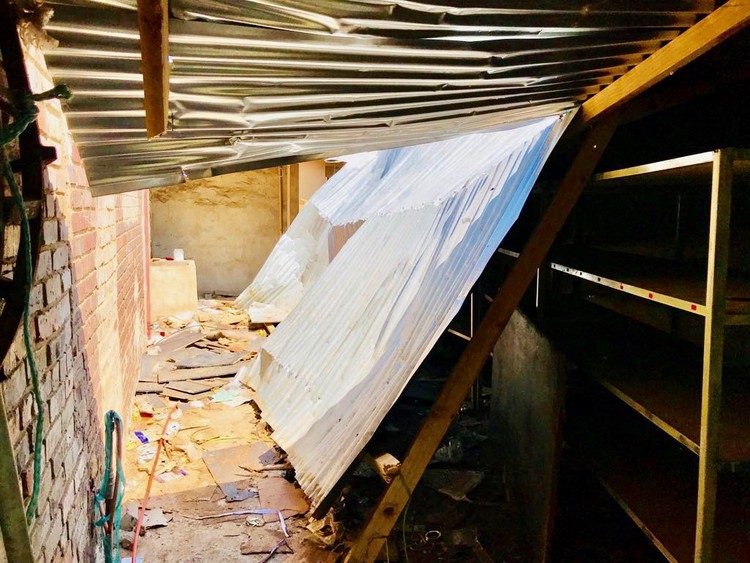Local shops hike prices as immigrants forced out, say Gauteng residents
Yet anti-immigrant sentiments persist in Ratanda, south of Heidelberg
Two weeks after immigrant-owned shops closed in Ratanda, south of Heidelberg, Gauteng, residents accuse local shop owners of hiking prices for bread and airtime.
Shops belonging to owners from Somalia, Bangladesh, China and Pakistan shut after they were looted and vandalised by residents protesting over poor services from the Lesedi Municipality.
Now community members are threatening to boycott local shop owners who they say are hiking prices and taking advantage of the absence of competition from immigrant shop owners.
They say bread is being sold for as much as R25 a loaf and airtime has been marked up with R5 by local shop owners.
Some residents however still don’t want the immigrants to return. “Even if bread sells for R25, l don’t mind buying it as long as we are supporting our brothers and sisters . Why support foreigners who do not belong in our country?” said Ntokozo Mokoena. “They should just go back to their countries peacefully, that way no one becomes violent.”
Nomsa Msiza, who works in a shop in Ratanda, said, “Business was good during the past two weeks. Foreign shop owners take all our customers away. If the shops are [re]opened, it’s back to square one.”
Another resident, who only gave her surname, Mngomezulu, said, “Foreign shop owners should go away and make way for local businesses to thrive. As long as they are around, local shops are in trouble.”
“The problem is those people who host foreign nationals make lots of money and always fight for them to come back.”
Mngomezulu said local shop owners paid as little as R600 in rent while the immigrants paid as much as R2,000.
On Monday some of the immigrant shop owners were cleaning up their premises in Ratanda, extension 23.
Gogo Motsoane, 61, who has been renting a shop in her yard for R1,600 to Alom Bhuyian, an immigrant from Somalia, said, “These foreign shop owners are peaceful people. l have never had a problem with them for the seven years they have been operating in my yard.”
Bhuyian said he had been to a meeting early on Monday where community members had assured him that it was safe to re-open.
While he cleaned up his shop some customers came to buy bread, but his shelves were still empty. He said he would have to wait a few days before he could collect all the stock he needs.
“I lost lots of money in the stock which was looted. Coming up with lots of stock costs a lot of money,” he said.
Bhuyian said his brother, who used to operate a shop close by, would not return as he lost all his money in the looting.
Abdul Mahommed, also from Somalia, said, “The surprising thing is that they took all our stock although they say it was expired!”
Mahommed said he had been running his business with his brother for five years. There had been problems, but he had never believed that he would be attacked.
Resident Yonela Maqa said, “Foreign shop owners are our brothers. We are all Africans. If we have problems with them, we should resolve them and learn to live with each other. That is what normal people do.”
Police spokesman Thivhulawi Tshilate said police had not received any reports of immigrant shop owners being prevented from reopening their shops.
Support independent journalism
Donate using Payfast

Don't miss out on the latest news
We respect your privacy, and promise we won't spam you.
Next: Did Cape Town lose millions on Foreshore land sale?
Previous: Hostel has one toilet for 39 households
© 2018 GroundUp.
This article is licensed under a Creative Commons Attribution-NoDerivatives 4.0 International License.
You may republish this article, so long as you credit the authors and GroundUp, and do not change the text. Please include a link back to the original article.

